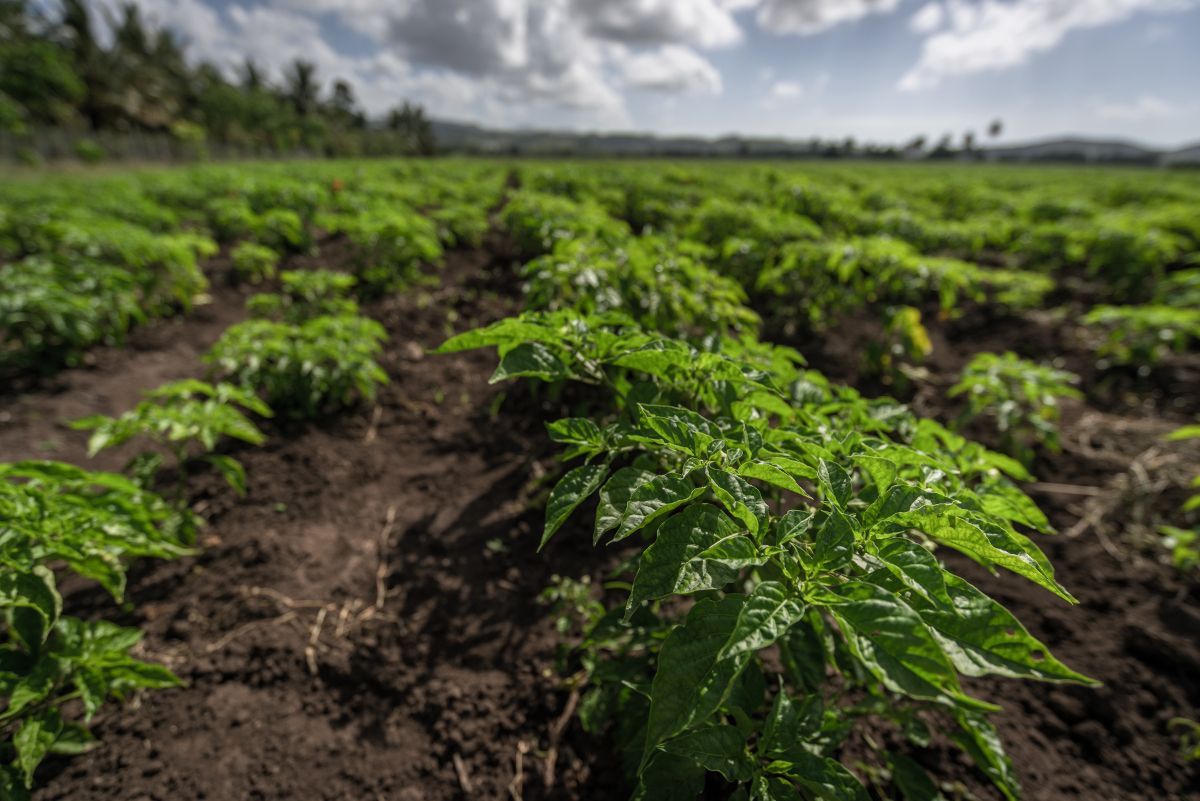The investment plan for Haiti’s Strategic Program for Climate Resilience (SPCR) presents a strategy for climate change adaption and identifies four initiatives that will be administered collaboratively by the IDB and the World Bank. The country’s SPCR was endorsed by the PPRC Sub-Committee during its last meeting in Washington, DC, in May 2013.
The plan’s objective is to reduce the country’s vulnerability to climate change, create capacity to estimate the consequences and impacts of climate change on key sectors, and promote sustainable long-term development planning that reduces the risk of natural disasters and climate change impacts.
The IDB will administer and implement the plan’s agricultural initiative to promote sustainable farming practices and climate change adaption in the Centre-Artibonite Watershed by introducingclimate-resilient crops and sustainable farming practices, improving plant cover to protect and stabilize soil, and strengthen technical capacity, including water management.
The World Bank will administer initiatives related to infrastructure in the Centre-Artibonite Watershed, climate change adaptation in coastal cities, and strengthening knowledge management of hydro meteorological, water resources and climate data to inform decision-making, and policy dialogue.
Haiti’s geographical vulnerability to natural disasters and climate change impacts is exacerbated by the country’s environmental degradation, particularly soil erosion. The effects of natural disasters are further amplified by pervasive poverty, weakness of the country’s public government institutions, and the absence of natural disaster planning.
The PPCR initiatives will provide an opportunity to implement some of the priority aspects of the country’s National Adaptation Program of Action to Climate Change in a country-wide effort that involves civil society, the private sector, and the Haitian Diaspora.


Leave a Reply